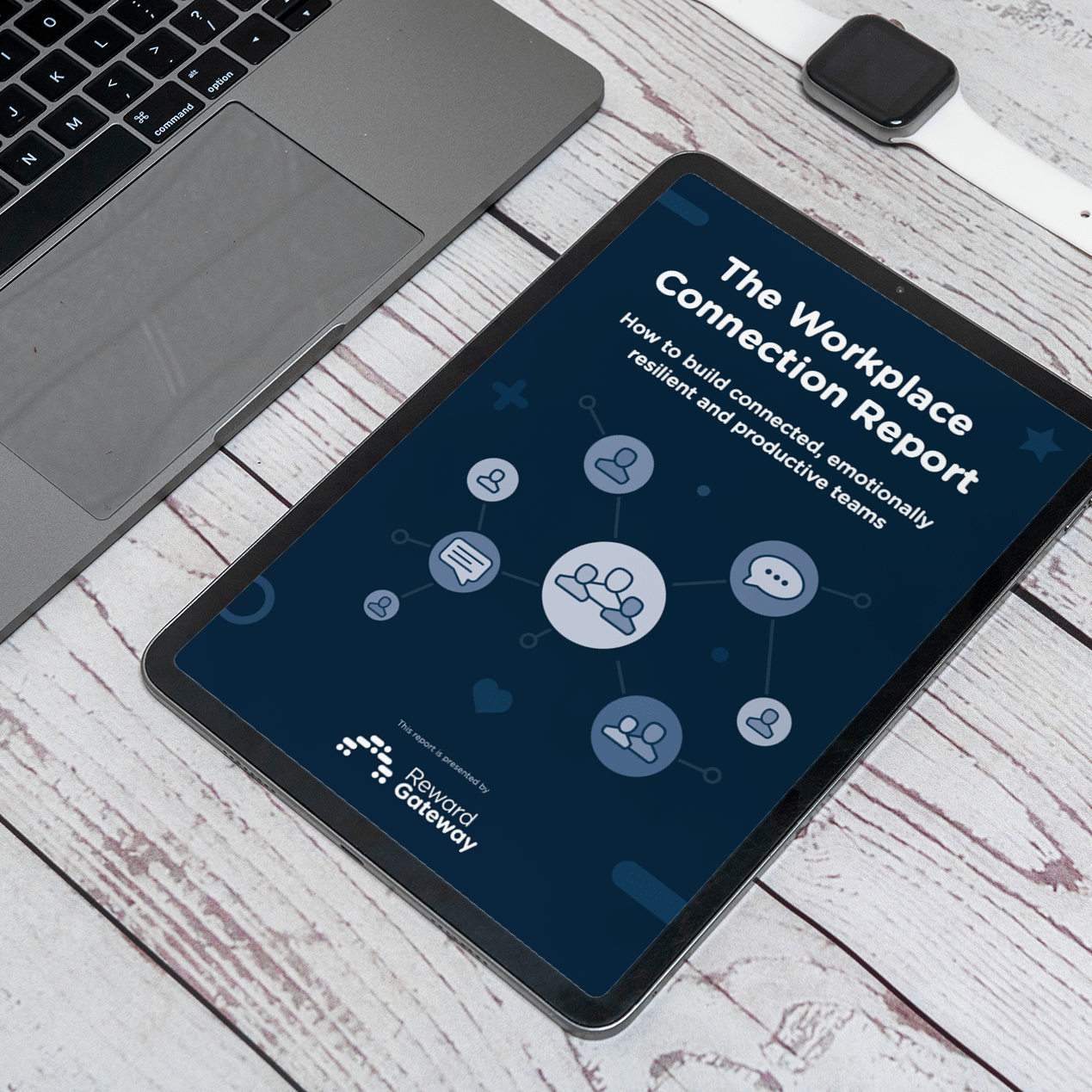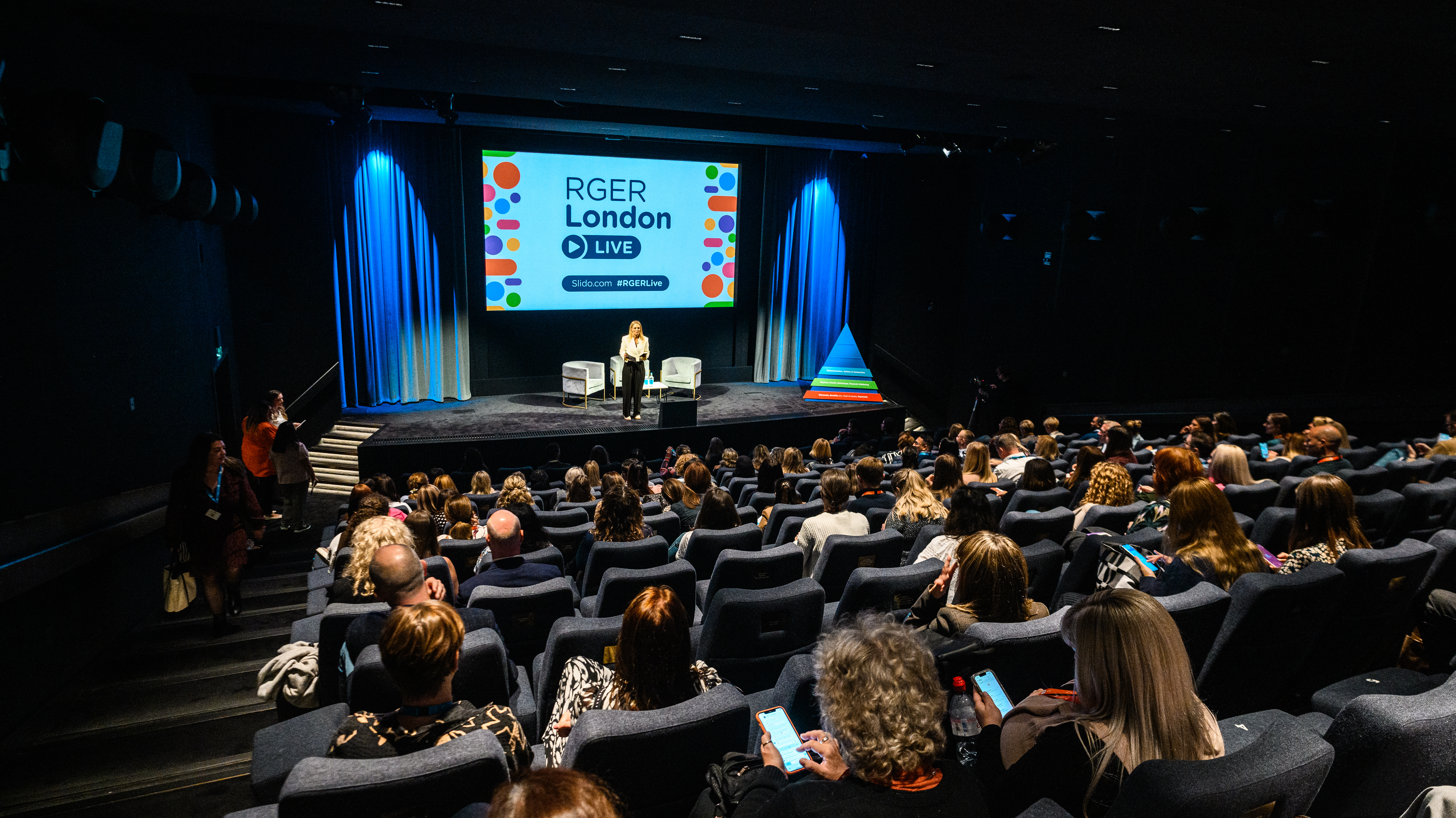Often described as one of the greatest public healthcare challenges in the UK, loneliness is a growing trend across the personal and professional lives of many.
Research from the ONS shows that in 2016, only 5% of UK-based adults said they often or always felt lonely, whereas 7.2% of adults said the same in February 2021. The Workplace Connection Report, our latest research into workplace loneliness, revealed that those numbers are heightened for the British public when at work. We surveyed 1,000 working professionals in the UK and found that 2 out of every 3 employees don’t feel a sense of connection or belonging at work.

Dive into our latest research to learn more about the impact of loneliness on employee engagement.
While the majority of businesses need to reevaluate how they can engage their employees better, the real battle is for HR teams to convince key decision makers of the importance of this mission.
Here are a few of the ways in which a lack of employee engagement in this lonely landscape can affect a company’s bottom line – along with some tips on how you can combat this in your own workplace.
Happiness breeds productivity, and vice versa
 It’s no surprise that if your employees aren’t feeling connected to their colleagues and the company as a whole, they won’t be as motivated in their job. In fact, those with a social network at work are more than twice as likely to consider themselves productive than those who don’t have one (37% vs. 17%).
It’s no surprise that if your employees aren’t feeling connected to their colleagues and the company as a whole, they won’t be as motivated in their job. In fact, those with a social network at work are more than twice as likely to consider themselves productive than those who don’t have one (37% vs. 17%).
In the same survey, 54% of respondents chose recognition as their first choice for driving better connection. By recognising and rewarding your staff often, you can create a clearer link between their efforts and the success of the organisation. This can have a huge impact on how employees view their role within the company and the pride they take in their work.
There are countless ways to recognise the achievements of your employees, but providing your staff with the ability to send eCards to their colleagues (or anyone else in the company!) is one of the most effective.
More sick days, more burnout
Loneliness is notoriously linked with mental health conditions such as anxiety and depression, and also poses a range of threats to one’s physical wellbeing. In fact, loneliness is considered as dangerous to physical health as smoking, obesity and physical inactivity.
With that in mind, it’s not surprising that those without any connections at work are more likely to suffer from burnout than those with a social hub to rely on (43% vs 35%).
Employees suffering from loneliness are also twice as likely as the average employee to have taken 10 or more unplanned days off each year due to poor mental health, at 8% vs 4%.
Implementing a high-quality mental wellbeing support programme is the first step to combatting workplace loneliness. But this is just half the battle. Spreading awareness of the risks of loneliness, reducing the stigma around it and promoting your mental wellbeing resources can go a long way to increasing the use of your programme. You can also go one step further and identify wellbeing champions or mental health first aiders to talk about loneliness to your employees.
There’s no loyalty from loneliness
 Creating a fun, caring and productive environment is key to fostering connections between your employees. And this is the case both in the physical workplace and in your approach to remote working. Companies that provide this environment are much more successful in retaining their employees. It’s no coincidence that 1 in 5 working professionals looking for a new job cited their employer not caring about their wellbeing as a key motivation, while 1 in 10 said it was because they did not have a social circle at work.
Creating a fun, caring and productive environment is key to fostering connections between your employees. And this is the case both in the physical workplace and in your approach to remote working. Companies that provide this environment are much more successful in retaining their employees. It’s no coincidence that 1 in 5 working professionals looking for a new job cited their employer not caring about their wellbeing as a key motivation, while 1 in 10 said it was because they did not have a social circle at work.
No employer wants to be replacing their staff on a regular basis. And when you consider the costs involved, there’s an even stronger case for improving employee retention through improving your engagement. These costs include the length of time to hire, the lost knowledge when an employee leaves and the risk of further burnout as your staff cover the vacant responsibilities in the meantime. It’s also hard to ignore the fact that the cycle could repeat itself with your new hires if you’re providing them with the same tepid working environment.
Adding connection to the agenda is one of the most simple, yet rewarding steps you can take to combat loneliness at work.
Offer your staff time and space for non-work-related conversations, offering the opportunity to develop their personal relationships. In the world of hybrid and remote working, it’s also important to ensure you offer regular face-to-face contact opportunities. These don’t even have to be too frequent, but remind your employees how important they are to their teams and your business.
Leaders can be lonely too
 You might have found one of the most surprising statistics from the Workplace Connection Report was that people who manage 11 or more employees at work are likely to be the loneliest members of your staff. When it comes to building connections within your organisation to combat workplace loneliness, managers are often the people you rely on most to implement changes and improve culture on the ground. If these key team members are themselves feeling alone at work and disconnected from their teams, then it’s harder to drive this change.
You might have found one of the most surprising statistics from the Workplace Connection Report was that people who manage 11 or more employees at work are likely to be the loneliest members of your staff. When it comes to building connections within your organisation to combat workplace loneliness, managers are often the people you rely on most to implement changes and improve culture on the ground. If these key team members are themselves feeling alone at work and disconnected from their teams, then it’s harder to drive this change.
Disconnected managers have the ability to influence other members of the team to a greater degree than other employees, and can trigger higher rates of burnout and attrition in the wider team as they fail to show the empathy needed to lead a team. Those employees we surveyed that were looking for new jobs were twice as likely to say their manager didn’t care about them than those that wanted to remain with their current company.
At the same time, happy and healthy managers can have a hugely positive effect on the workplace. That’s why it’s important to remind your managers that the wellbeing programme you offer your employees is also there for them.
Reward Gateway’s mission is to Make the World a Better Place to Work – lofty, but we believe it’s attainable. To find out how RG can help improve your employee experience, schedule a call today.

 Nebel Crowhurst
Nebel Crowhurst



